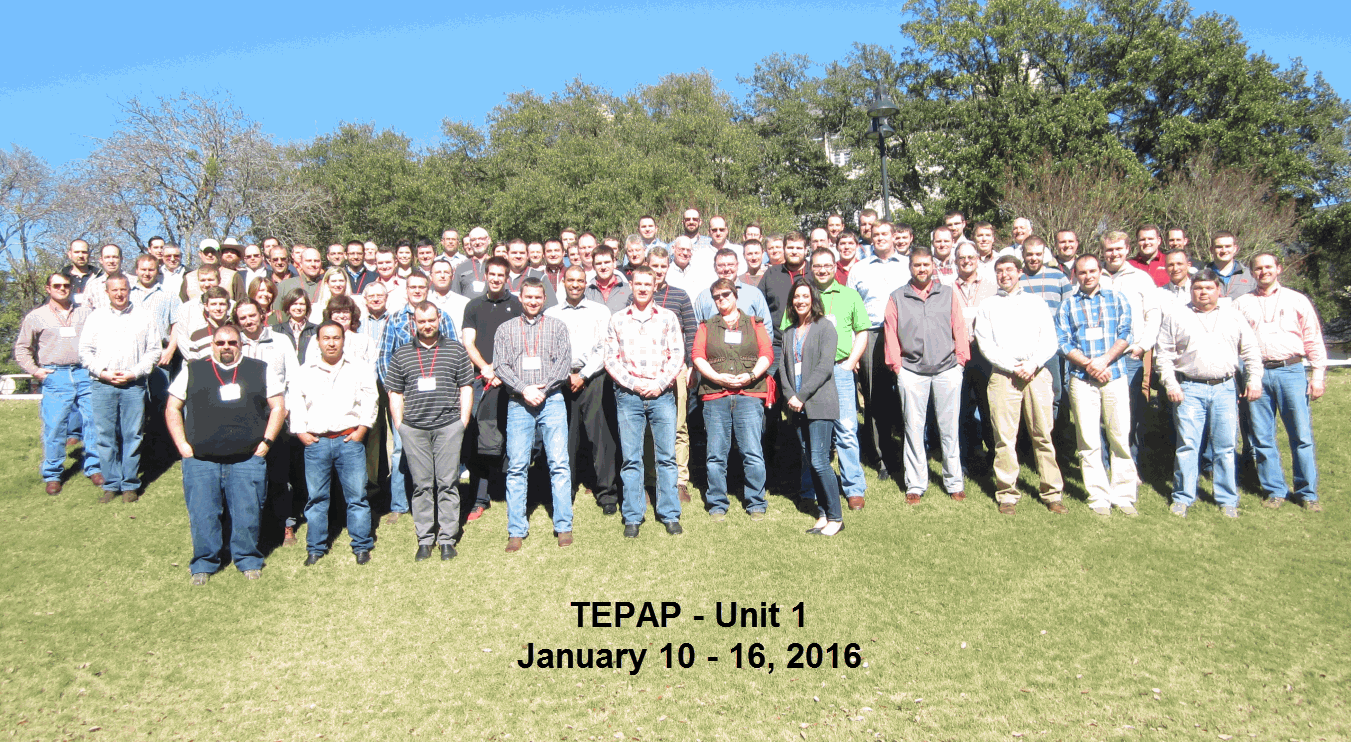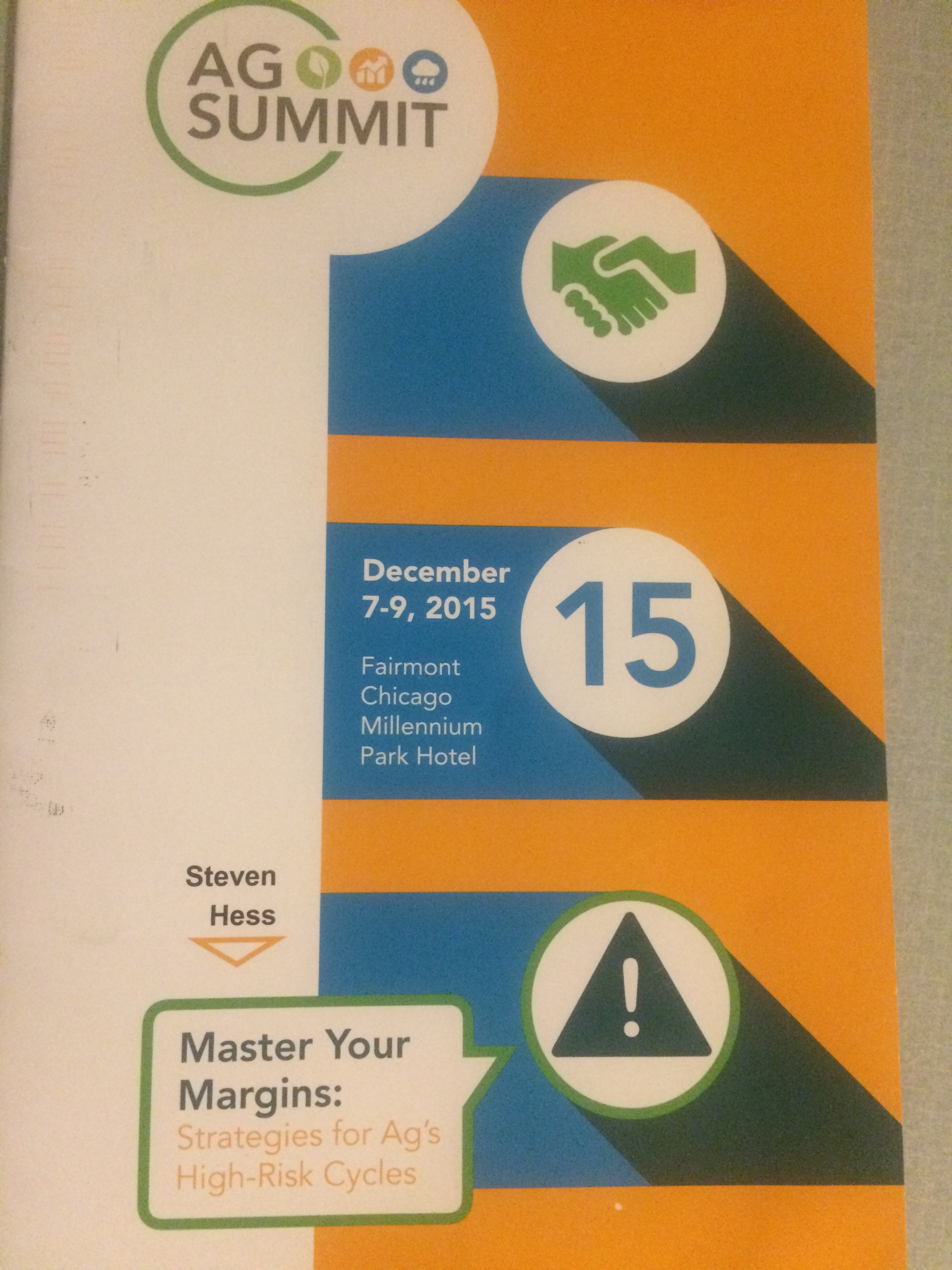Winter Activities
/

Partners,
One of the most important times of the year is now upon us, keeping busy in the office with paperwork. Beginning in late December, we have been plugging away, finishing up the 2015 calendar year, and making plans for 2016. Final rent checks have been sent, W-2's have been filed, 1099's are in process and we are working on financial statements in preparation for tax season. Budgets for the 2016 crop year are being fine tuned, and we are negotiating with input suppliers for fertilizer, seed, and chemicals. Our budget for equipment shopping is simple this next year, little to nothing. We are not planning to replace any equipment, knowing that it will result in modestly higher repair bills and some minor delays. The good news is that our line of machinery gets a thorough inspection for safety and all preventative maintenance will be completed prior to going to the field.
Phyllis continues to work diligently with our management accounting system, Centerpoint by Red Wing, and I (Marcus) recently traveled to Austin, Texas to attend an intensive management workshop known as TEPAP (The Executive Program for Agricultural Producers). I was able to network with the best and brightest in Agriculture from all over the nation as well as a handful of foreign countries, while gaining insights on how to best position our farm to thrive in all environments.
Lindsay and Keith are now only three weeks away from the birth of their second son!
We had planned to finish January deliveries of corn last week, but due to high river levels on the Illinois river, it was necessary to wait until this week. It is important to be able to haul grain out while the ground is frozen, as we have a few remote storage bins that are not accessible by gravel driveways. We always look forward to having those facilities emptied out so we can fully enjoy the more modern facilities the remainder of the delivery season.
Agriculture is still in the process of "resetting" after the rise of the Ethanol Era, which was followed by erratic weather throughout the world, both of which led to a longer than normal period of high grain prices. The primary question on everyone's mind is "How far through the reset period are we?" These cycles have always been a constant in this industry, and the goal is to be able to not only survive tough times, but to be able to grow strategically as opportunities could arise.
As I was reminded last week in Austin, it is critical that we all take a moment to be thankful to operate a business in this country, and for the good fortune to be able to farm on soils that could only be dreamed about in the vast majority of the world
Fall Grain Prices:
Corn: 3.55
Soybeans: 8.57
We have enjoyed seeing a lot of you in recent weeks, and look forward to seeing more of you soon.
Best regards,
Marcus







